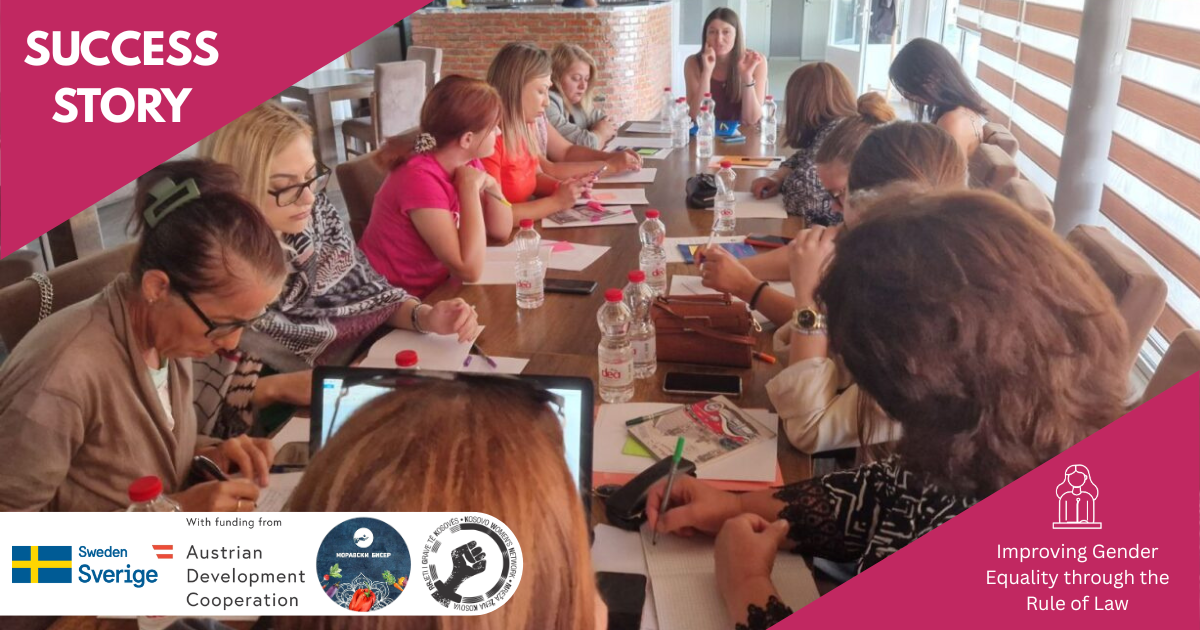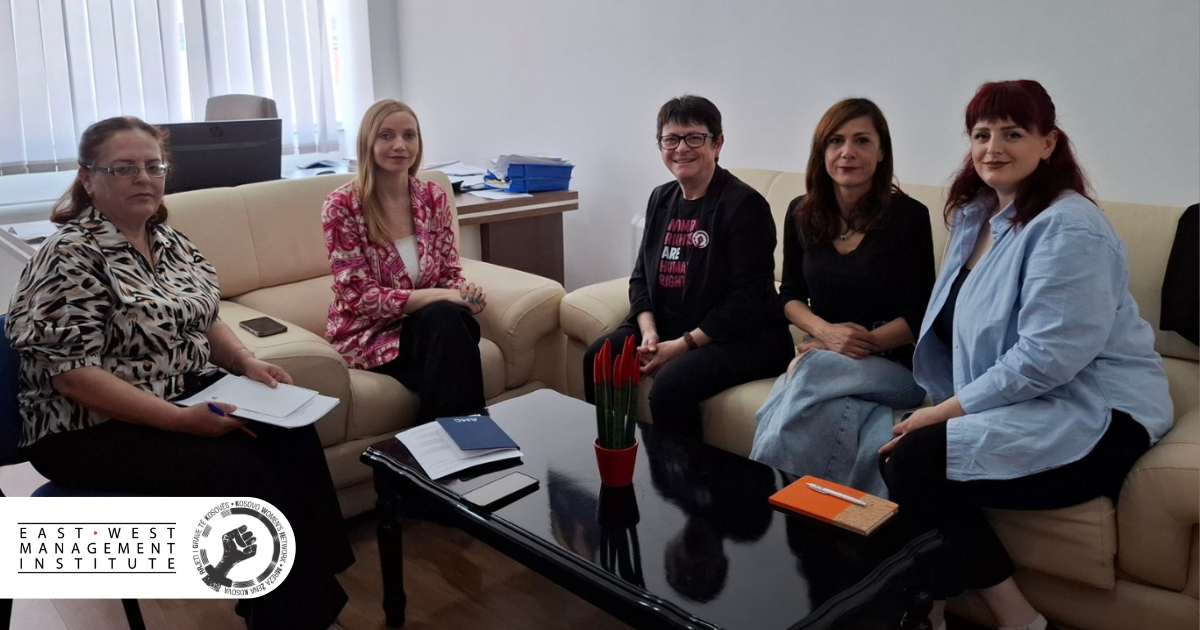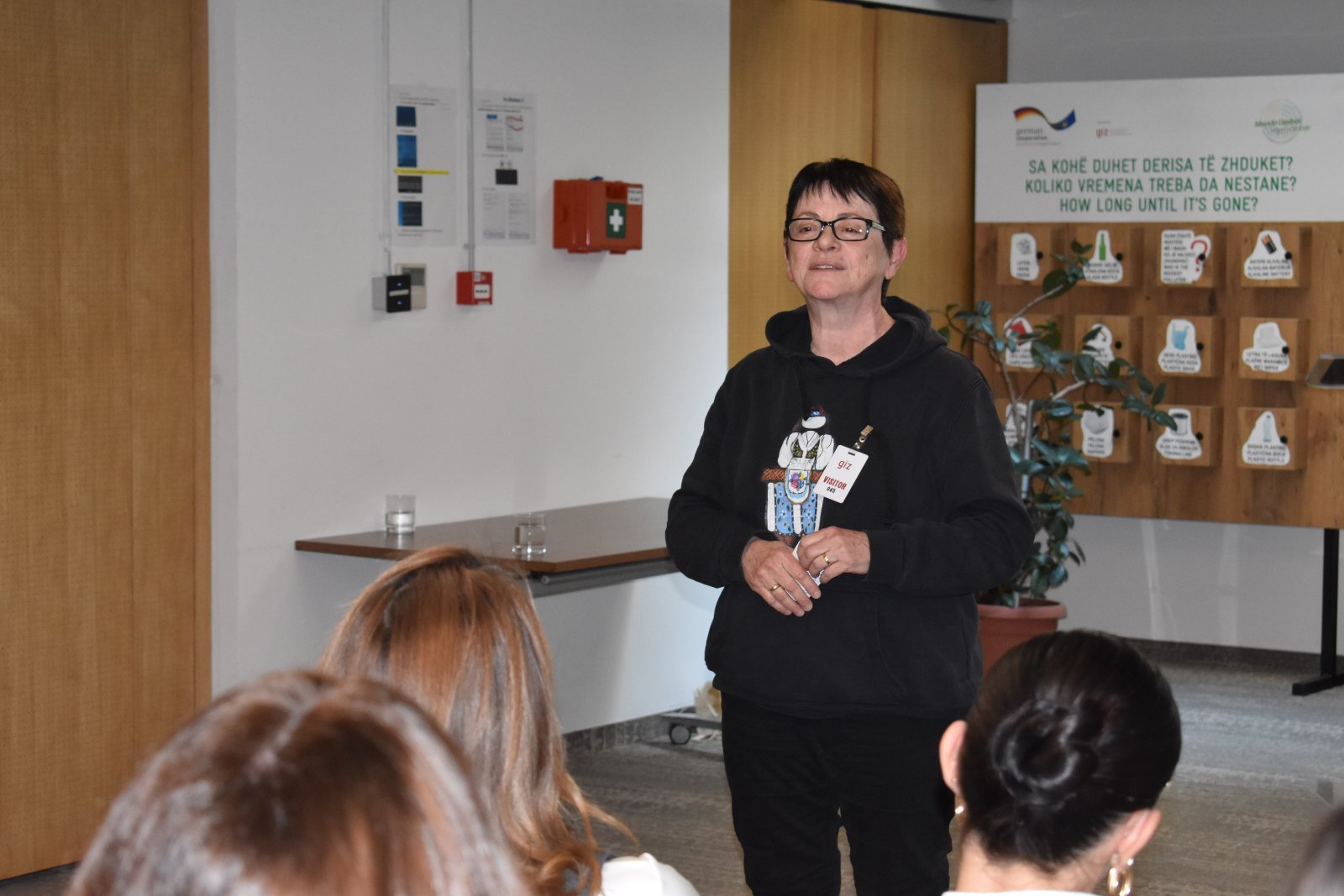Domestic violence is a widespread social phenomenon that transcends geographic boundaries, socio-economic status and cultural norms. It is an evil manifestation of power and control, exercised through physical, emotional and psychological abuse where the victims, mostly women, suffer in silence, trapped in fear, shame and social stigma.
The most tragic outcome of domestic violence is when it culminates in the killing of the spouses, as a result of ongoing abuse which usually tends to be covered up and neglected. Having witnessed such consecutive cases, we considered it necessary to conduct an interview related to this issue with lawyer Fitim Gashi, legal representative of KWN for women who report domestic violence.
Through this interview, we aimed to explain the legal complexities surrounding domestic violence and spousal homicide, and the indispensable role of the justice system in stopping this horrific epidemic. “The protection of victims of domestic violence and their families is not only a professional obligation, but a moral obligation based on the principles of justice and human rights.” – said lawyer Fitim Gashi. This includes providing appropriate legal representation, amplifying the voices of the marginalized and challenging the prevailing culture of impunity that shields perpetrators from accountability.
Legally, prosecuting spousal homicide cases requires a balance between seeking justice and dealing with the complexities of human relationships. The courtroom becomes a battleground where evidence is examined, testimony is analyzed and it is established whether or not it was a premeditated crime. This process also requires a multidisciplinary approach, collaborating with social workers, mental health professionals and community organizations to provide support to survivors.
Gathering and preserving evidence is essential in the prosecution of cases of domestic violence and spousal murder. This evidence may include medical records documenting injuries, photographs of injuries or crime scenes, eyewitness accounts, and forensic evidence such as DNA or fingerprints. Evidence preservation is especially critical in cases where the victim does not survive, as it may be the only means of proving the perpetrator’s guilt.
In lawyer Gashi’s experience, men who kill their wives often justify their actions through distorted notions of ownership and entitlement, seeing their partners as objects rather than equal human beings. Defense attorneys can use different strategies to defend clients accused of spousal murder. Common defenses include self-defense, provocation and lack of intent. Additionally, mitigating factors such as mental illness or intoxication may be introduced to reduce the defendant’s culpability or mitigate the severity of the sentence.
The legal framework surrounding domestic violence has evolved over the years, recognizing the importance of the issue and the urgent need for strong protection mechanisms. However, as lawyer Fitim Gashi pointed out, the effectiveness of these measures is often undermined by barriers within the system, including insufficient reporting, inadequate enforcement of decisions and the dominant climate of victim blaming.
The fight against domestic violence and spousal murder is far from over, but it is a battle that must be fought with unwavering determination. It requires a concerted effort by legislators, law enforcement agencies, judicial authorities and civil society to dismantle pervasive structures of oppression and create a society where every individual can live free from fear and violence. As a lawyer, Gashi vowed to continue to be on the front lines of this fight, trying to come to the aid of those in need and ensure that justice prevails, even behind closed doors.







